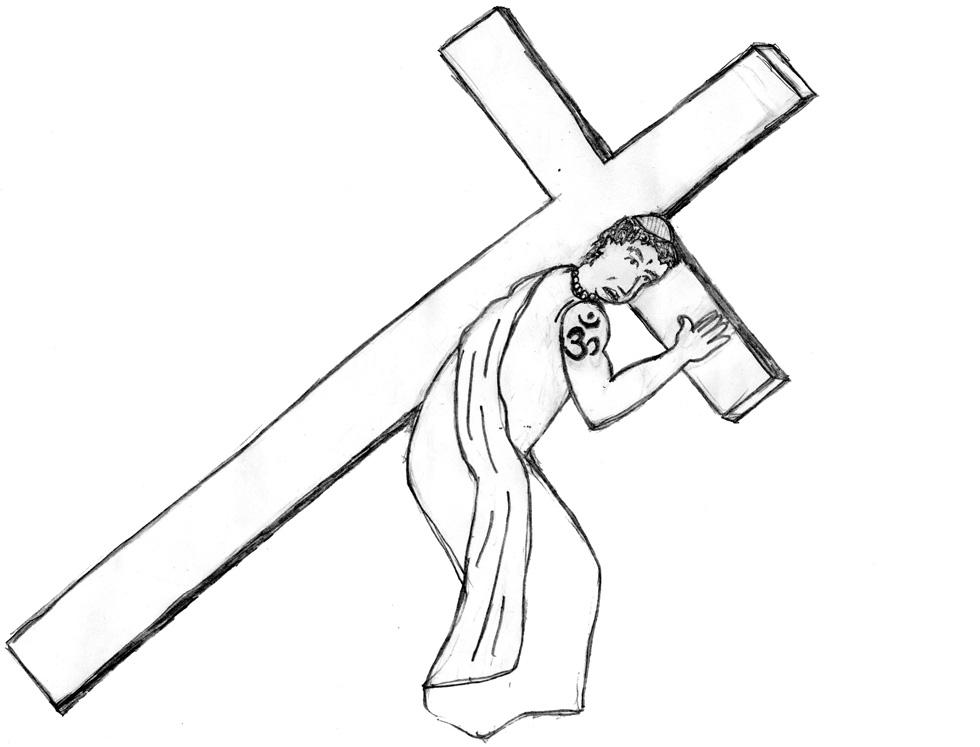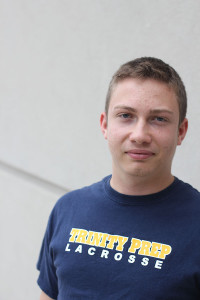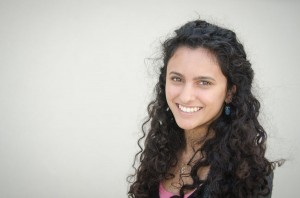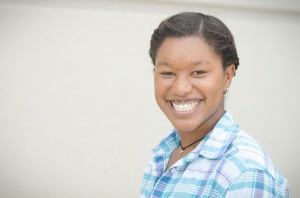JACK MEEKS
Technically, Trinity Prep is a college preparatory school that is associated with the Episcopal church. I have heard it referred to as a college preparatory school and other times as a Christian school.
I used to think, and I know some who still think we should be more Christian or not be Christian at all. That was what I was going to say in this article. But as looked into it more, I realized why we have this halfway position on religion.
You simply can’t say we are very Christian.
Christianity is generally discussed in an objective manner in the classroom. Everyone can, but doesn’t have to, participate in chapel. You don’t have to be Christian to be attend. To top it all off, there is a really low level of participation in chapel services.
I have even heard the officiant leading chapel say to improve yourself in your own religion, whatever it may be, multiple times.
Wouldn’t a Christian school be promoting Christianity exclusively?
But what I have found is that we are primarily a college preparatory school. The first part mentioned in the mission statement is to help students excel in college and life. Then comes spirituality (not specifically Christianity).
Unlike Kanika, I think discussions of religion can sometimes be uncomfortable. However, that can happen in many other places.
That is the only problem with this halfway position. Students aren’t always comfortable talking about religion. It’s difficult to have a conversation regarding Christianity without offending someone. With such diversity in beliefs, it is hard to please all.
If we are truly a Christian school, I would think the subject could comfortably be discussed in full.
Even if that means discussing hell. Christianity should be able to be discussed in maximum comfort.
Despite this, the school is at the perfect balance of first being a college preparatory school then promoting religion.
This helps is with diversity. When religion is the main focus, some are repelled because of religious differences and others simply want a more academic focus.
I’m not a left wing nut (as you can see by the other article I wrote in this issue), who goes out and feels the need to create diversity and needs to ensure that there are a more than sufficient amount of minorities. Diversity should just happen.
If we were more religious as a school and not as much of a preparatory institution, then I probably wouldn’t know many good people who come from different religious backgrounds. I like meeting new people and hearing different ideas and beliefs. It gets boring if everything and everyone have too much in common. Also, academics may not be as good if it’s not the main priority.
Religion can get in the way of what is taught in the classroom. Evolution is taught here with ease. I remember when I began it in ninth grade. We were told we would only be learning the scientific theory, not the religious view.
In my AP World History class, the historical reasons for why Christianity spread so quickly were taught. It was never said that it was because Christianity is the true religion.
Other religions and those beliefs are taught in history courses.
History teacher Brandon Burmeister said, “I’ve never been told I’ve had to teach from a certain religious perspective or edited from one. If anything we are encouraged to teach from other perspectives.”
In English classes, literature is not censored based on religious principles.
By being a college preparatory school first, there is more freedom in what can be read.
In fact, once a year the school has a freedom to read week, which celebrates lack of censorship.
Some controversial works taught in English include works that have some profanity, sexual content, and criticizing of religion.
Some works controversial works that other more religious schools probably wouldn’t like include Canterbury Tales, Ways and Seeing, and Catcher in the Rye.
In conclusion, the balance here is good for the most part, but the environment on discussing religion should have less tension.
KANIKA MOHAN:
Last year, I took the PSAT at a different school. After walking to my designated testing room, I pledged my allegiance to the flag. I sat down expecting to get started, but everyone turned to the other corner. “I pledge allegiance to the Christian flag…”
After a third pledge to the Bible and a short prayer, I thought to myself, “Thank God my school does not do this.” Our school, despite its chapel services and occasional prayers, has found the perfect balance between being a religious school affiliated with the Episcopal Church and being open to all faiths.
I have been interacting with students from Trinity Prep ever since I was in third grade, and almost every student I have had a conversation with has been respectful, friendly, and well-rounded. Although parents definitely play a huge part in this development, I attribute a good part of that to our school’s religious base.
As a religious school, we as students are held to higher moral standards, and our school makes sure we fulfill them. We are routinely taught in chapel that we must “love your neighbor as you love yourself” and act “in the name of our Lord Jesus Christ” and as much as we may try to ignore it, the message hits. Whether it be the occasional yet phenomenal homily to which everyone listens or the assembly directed at bullying on campus, they all send a message to us that we must strive to be model students.
However, while the school does push moral standards and good behavior through Christian teachings, it does not stuff religion down our throats. We aren’t bombarded with crosses at every turn or asked to recite the Ten Commandments at a moment’s notice. Nor has the student body ever been so much as asked by Chaplain Vinal to sing or recite hymns in chapel. I have even had deep conversations about religion with Reverend Sullivan Clifton without her ever asserting that one was better than another.
In my five and a half years here, I have never felt as unsettled about religious beliefs as I did in five minutes at another Christian school. It may have been the new atmosphere or my ignorance of the existence of a pledge to the Christian flag, but Trinity Prep has never made me feel uncomfortable with my faith.
I think that part of the reason the school is so successful in this balancing act is because every message it puts forth through Christianity can be applied to anyone, religious or not. Each message is tailored make each student here a better person. In assemblies we pray for those in need of help, just as anyone should wish well for them. In chapel, Chaplain Vinal gives homilies that guide us to be better people, just as any mentor would. Rather than tell us to pledge our allegiance to a symbol or icon rendered meaningless by the untrained eye, the school makes the effort to teach everyone to act with the morals and dignity any decent person would.
So while we may complain that we have to take a theology class or that chapel has gotten “so much” longer, Trinity Prep is only trying to make us better people. Every little message they send our way is filled with good meaning, and the results show in each and every one of us.






